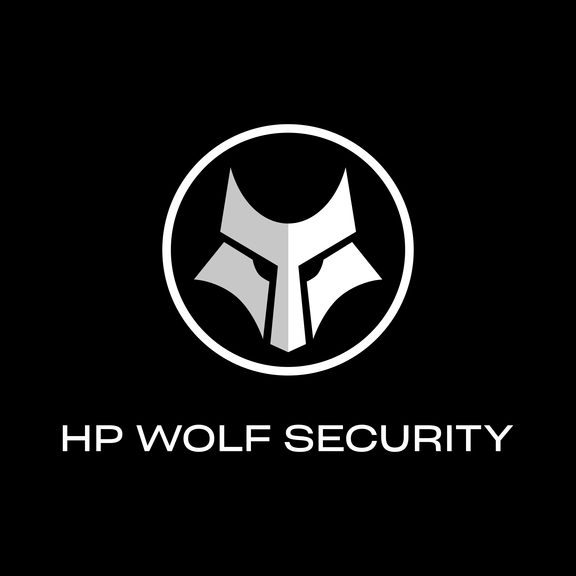An unpredicted side effect of COVID-19 was the rise in cyberattacks. As businesses shut down and employees moved to remote work, IT teams scrambled to ensure employees had access to needed data on the company network. This led to gaps in security and increased network vulnerabilities that hackers used to gain access to company systems. In 2020, ransomware attacks rose by 62% worldwide and a staggering 158% in North America.
For the automotive industry, an attack can have devastating effects on consumers, automakers, and automotive fleets. To protect everyone involved, improved security and the addition of endpoint security protections will reduce the risk of a cyberattack.
Increasing Concerns with Security
As technology grows, the need for advanced security solutions grows with it. A need for advanced security became especially evident when 1.4 million vehicles were recalled due to a vulnerability that would have allowed hackers to control a connected car remotely. Manufacturing plants have also become a popular target for bad actors due to the number of connected devices used in the manufacturing process.
Cyber threats can come from virtually anywhere—an email, a weak WIFI signal, or a third-party app–and the list is growing. In the automotive industry, cyberattacks increased 125% between 2018 and 2021. The increased number of connected cars and remote workers make automakers especially vulnerable.
The Importance of Endpoint Security in the Automotive Industry
The most effective way to protect a company network is to secure each entry point into that network. This is why having proper endpoint security is necessary.
Traditionally, endpoint security involved rudimentary anti-virus software, which wasn’t sufficient for long. Modern hackers have more sophisticated approaches that can easily subvert outdated security software, forcing businesses to respond in kind with more comprehensive solutions to protect against malware, ransomware, and zero-day threats.
A study from IBM showed that automotive companies were the highest targeted manufacturing sub-sector in 2021, encompassing nearly a third of all attacks against the manufacturing industry. This worrying trend makes endpoint management a vital part of any automotive company’s security.
Endpoint Security
Endpoint security ensures that each entry point into your network is entirely secure.This includes desktops, laptops, and mobile devices.
Nowadays, hardware and software solutions are designed to work in tandem to detect, analyze, and block potential attacks before they can wreak havoc on your infrastructure.
HP Wolf Security is the Best Strategy to Protect Your Infrastructure

HP Wolf Security offers robust security measures to combat the rising threat to the automotive industry.
Instead of relying on only software, HP created an innovative solution to cyberattacks at the hardware level. With HP Wolf Security, both hardware and software are built into every PC and printer, and this adds additional security beyond the OS.
Hardware-Enforced Security
Automotive companies should prioritize protection software built around the core security values of zero-trust, segmentation, and user access control.
Zero-trust is a security policy with permissions assigned based on context of the situation rather than an assumed level of trust. Systems will assess user identity, location, security posture, and other features to determine what level of access to provide to a user.
This approach produces simpler network infrastructure, better security, and an improved user experience for operators, including complete coverage for remote workforces, hybrid cloud environment, and malware protection.
Zero-trust architecture is inherently secure, powered by strict segmentation and user access controls that provide rigid restrictions on who can access a system. In particular, segmentation drives security value by dividing a system or network into zones, each with limitations for user access privileges.
Aside from creating a stronger and more controllable ecosystem, segmentation protects the system from widespread cyberattacks and can even improve performance by limiting how many users access each zone at once.
These are fundamental aspects of endpoint security that no company can go without. Especially in our era of hybrid workforces and internet-of-things (IoT) connectivity, the average company has more endpoints to protect than ever before.
To minimize risk, companies must adopt a zero-trust strategy and continuous, hardware-powered protection that provides security, resiliency, and transparency into all operations. Tools like the HP Security Controller or HP Sure Click Enterprise offer this type of endpoint protection and are a great place to start improving your security envelope.
Increase Security with HP Sure Click Enterprise
To add further protections for end users, HP offers Sure Click Enterprise, which separates a user’s tasks from the network.
An employee could potentially introduce malware or ransomware into your infrastructure with a single click. Sure Click creates a micro virtual machine during a user’s tasks to isolate an application or web browser from the network.
If a virus, malware, or ransomware is detected, HP Wolf Security will isolate and trap the offending code. The code is destroyed once the application or web browser is closed.
Complete Protection with Novastar Solutions
Advanced security methods from companies like Novastar Solutions involve zero-trust, next-gen hardware and software solutions that constantly scan, detect, and block incoming threats.
To provide complete protection for your infrastructure, contact Novastar Solutions for more information on how HP Wolf Security can help your business succeed. Contact us to get started.



